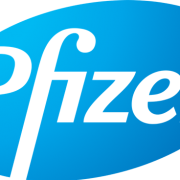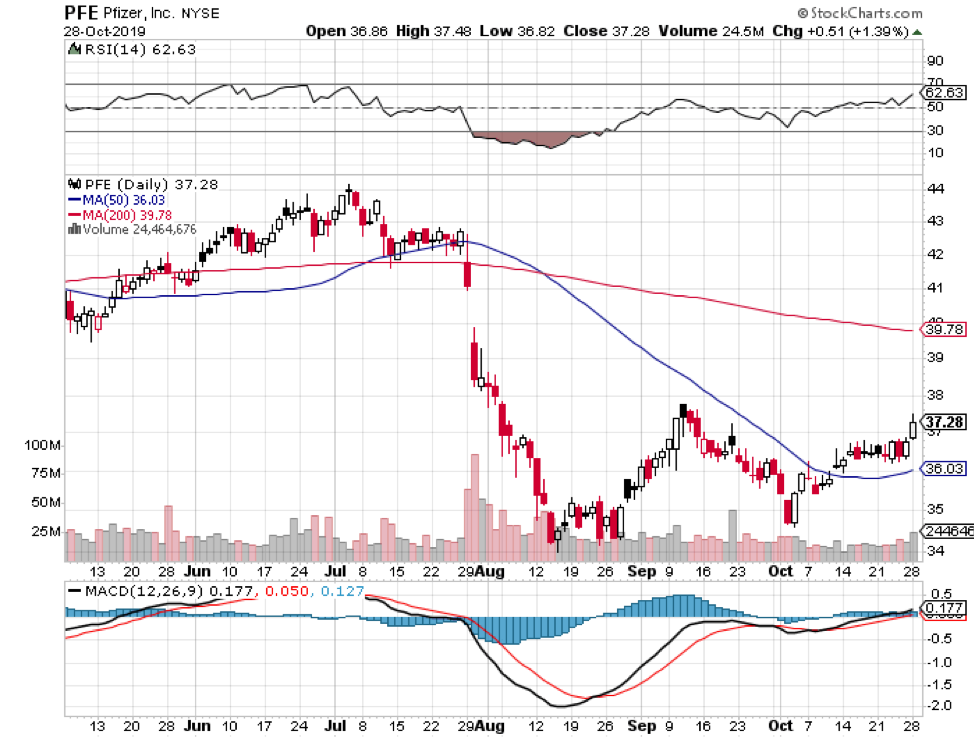One Plus One Equals Three with the Pfizer-Mylan Deal
"Greater than the sum of its parts." This is how the executives of Pfizer (PFE) described its merger with generic drug company Mylan NV (MYL) in the third quarter of 2019.
The deal, which is specifically between Mylan and Pfizer's off-patent department Upjohn, would result in the creation of the largest generics company by revenue in the world, reaching an enterprise worth $50 billion. In fact, this new company is anticipated to own roughly a third of all generics available today and approximately 15% of the generics market in the United States alone.
With the ever-changing pharmaceutical market, both Pfizer and Mylan have been grasping at straws in terms of reshaping their strategies and keeping up with the competition. Needless to say, this new powerhouse partnership comes as a relief for the investors of both Pfizer and Mylan.
This blockbuster deal allows Pfizer to focus its efforts on coming up with groundbreaking and more profitable products, hopefully beating its $54 billion sales in 2018. This move is a response to the insistent demand on the giant biopharma company to separate its Upjohn division, which works solely on legacy drugs, from the primary prescription-drug operations.
That way, Pfizer can focus on more lucrative, branded treatments like cancer medication Ibrance and pneumonia vaccine Prevnar.
This deal aligns with the recent moves by Pfizer acquiring potentially blockbuster treatments such as its $10.6 billion buyout bid of cancer treatment firm Array BioPharma earlier this year. This move is also reminiscent of Pfizer’s and GlaxoSmithKline’s (GSK) decision to merge their consumer healthcare departments.
Meanwhile, this all-stock deal provides Mylan with a financial lifeline following years of struggle. Its investors showed support over the deal as shares rose to as high as 19%, reaching $21.88 following the announcement.
While the generic drugs company, which is widely known for its emergency allergy medication EpiPen, is still far off from its all-time high of $67, this merger with Upjohn would allow both to amplify their efforts in dominating the market. More importantly, Mylan will retain a 43% stake in this new company.
For example, Mylan could boost Upjohn’s efforts in repackaging cholesterol drug Lipitor, nonsteroidal anti-inflammatory medication Celebrex, and erectile dysfunction medication Viagra as more attractive generic alternatives and boost their sales.
Since these drugs have expired or have expiring patents, their sales have been plummeting in the United States. With this merger though, Pfizer hopes to capitalize on the promising market called “branded generics” which has become quite popular in China.
“Branded generics” has gained a following in the Middle Kingdom due to the proliferation of fraudulent generic drugs – a trend that Pfizer has been eager to take advantage of seeing as the company actually moved Upjohn’s headquarters in Shanghai earlier this year.
Aside from Lipitor, Celebrex, and Viagra, the new company will also be handling the sales of over 7,500 Mylan products that include biosimilars and over-the-counter drugs.
With 165 markets targeted by this new company, its projected revenue is somewhere between $19 billion and $20 billion in 2020 and $22 billion in 2021. Meanwhile, its executives plan to solve the $25 billion worth of combined debt by targeting annual expense savings worth $1 billion to be reached by 2023.
In comparison, Mylan’s second-quarter adjusted earnings per share was at $1.03, with the company reaffirming its adjusted earnings for 2019 at $3.80 to $4.80 per share. Its profit for this year is estimated to reach $11.5 billion to $12.5 billion.
Meanwhile, Pfizer’s second-quarter report recorded $13.2 billion in sales, which indicates a 2% decrease from last year’s report during the same period. Meanwhile, Upjohn’s revenue fell by 11% year-over-year and hit $2.8 billion compared to the $3.1 billion last year.
With all these advantages, it can be safely said that Mylan was an excellent choice for Pfizer especially considering that the smaller company came in so cheap.
In 2018, Mylan was valued at $25 billion. Prior to the announcement in July though, Mylan only had a market cap of $10 billion. With the money saved on the deal, the newly formed company can push back on pricing and pour funds over marketing their generic products.
Even with the cheap buyout price, the new company will still be less levered compared to a stand-alone Mylan. It’s also projected to generate over $4 billion in free cash flow annually.
This deal eliminates a strategic bottleneck from Pfizer and solves the financial woes of Mylan. While there remains a lot to be seen in terms of achieving their goals, investors of both companies will definitely enjoy a brighter future.
After all, this new company boasts of an incredibly powerful mix of a portfolio that covers generics, branded products, over-the-counter meds, and biologics.
Buy Pfizer on dips. It is about to achieve a major breakout to the upside on the back of this fantastic deal.




